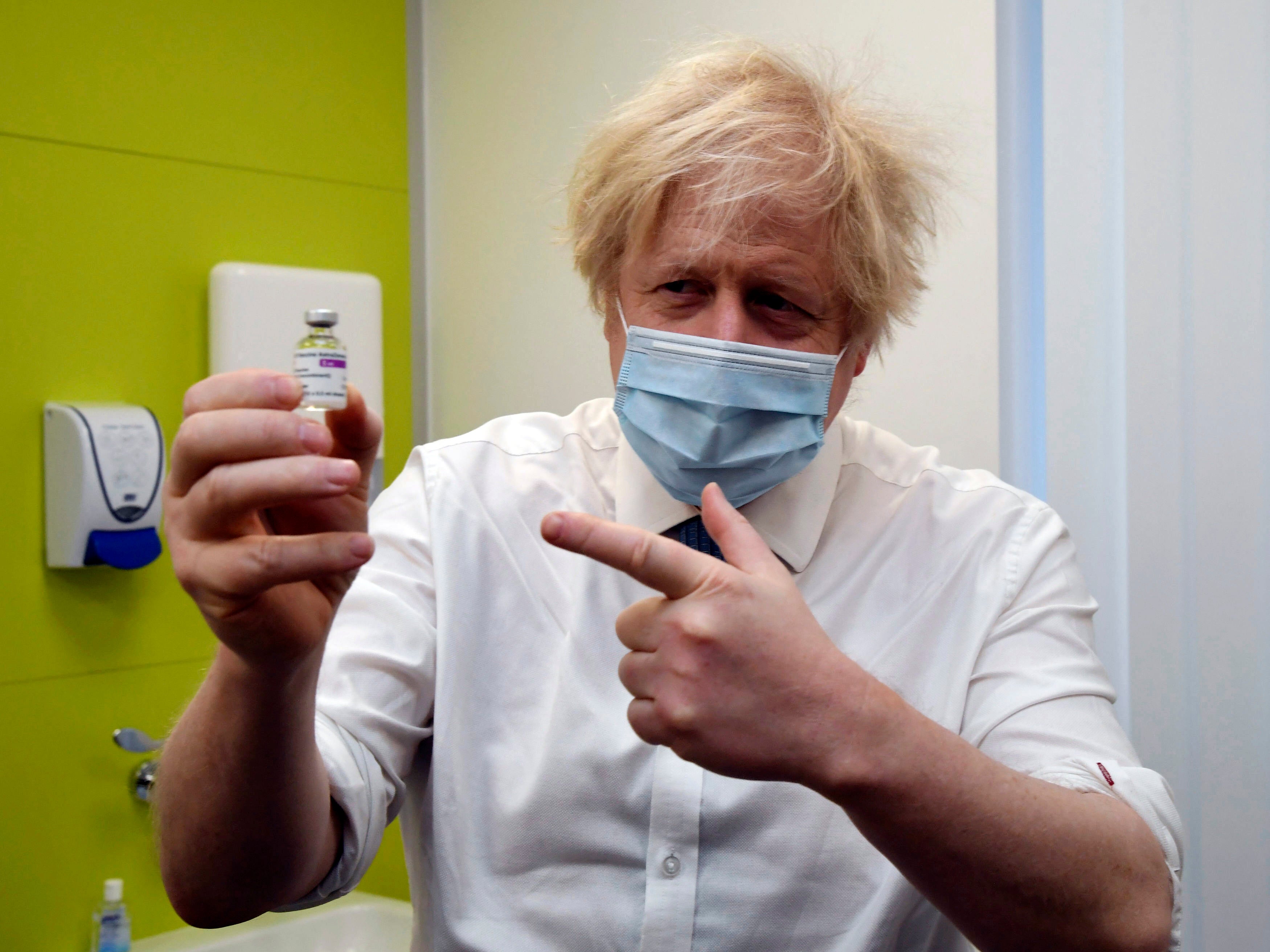UN approves AstraZeneca's COVID-19 vaccine for emergency use
The World Health Organization has granted an emergency authorization to the coronavirus vaccine made by AstraZeneca and Oxford University

Your support helps us to tell the story
From reproductive rights to climate change to Big Tech, The Independent is on the ground when the story is developing. Whether it's investigating the financials of Elon Musk's pro-Trump PAC or producing our latest documentary, 'The A Word', which shines a light on the American women fighting for reproductive rights, we know how important it is to parse out the facts from the messaging.
At such a critical moment in US history, we need reporters on the ground. Your donation allows us to keep sending journalists to speak to both sides of the story.
The Independent is trusted by Americans across the entire political spectrum. And unlike many other quality news outlets, we choose not to lock Americans out of our reporting and analysis with paywalls. We believe quality journalism should be available to everyone, paid for by those who can afford it.
Your support makes all the difference.The World Health Organization has granted an emergency authorization to the coronavirus vaccine made by AstraZeneca and Oxford University, a move that should allow the company's partners to ship millions of doses to countries worldwide as part of a U.N.-backed program to tame the pandemic.
In a statement Monday, the U.N. health agency said it was authorizing the AstraZeneca vaccines made by the Serum Institute of India and South Korea’s AstraZeneca-SKBio.
WHO’s green light for the AstraZeneca vaccine should trigger the delivery of hundreds of millions of doses to countries that have signed up for the U.N.-backed COVAX effort, which aims to deliver vaccines to the world’s most vulnerable.
“Countries with no access to vaccines to date will finally be able to start vaccinating their health workers and populations at risk,” said Dr Mariângela Simão, WHO's Assistant-Director General for Access to Medicines and Health Products.
Although WHO does not approve or regulate vaccines, it assesses their safety and effectiveness for developing countries that don’t have a strong regulatory system.
Last week, its group of vaccine experts recommended the use of the AstraZeneca vaccine for people over age 18, including in countries that have detected variants of COVID-19
WHO’s advice largely mirrored guidance previously issued by Britain’s drug regulator and the European Medicines Agency.
The coronavirus pandemic has infected about 109 million people worldwide and killed at least 2.4 million.
___
Follow all of AP’s pandemic coverage at https://apnews.com/hub/coronavirus-pandemic, https://apnews.com/hub/coronavirus-vaccine and https://apnews.com/UnderstandingtheOutbreak